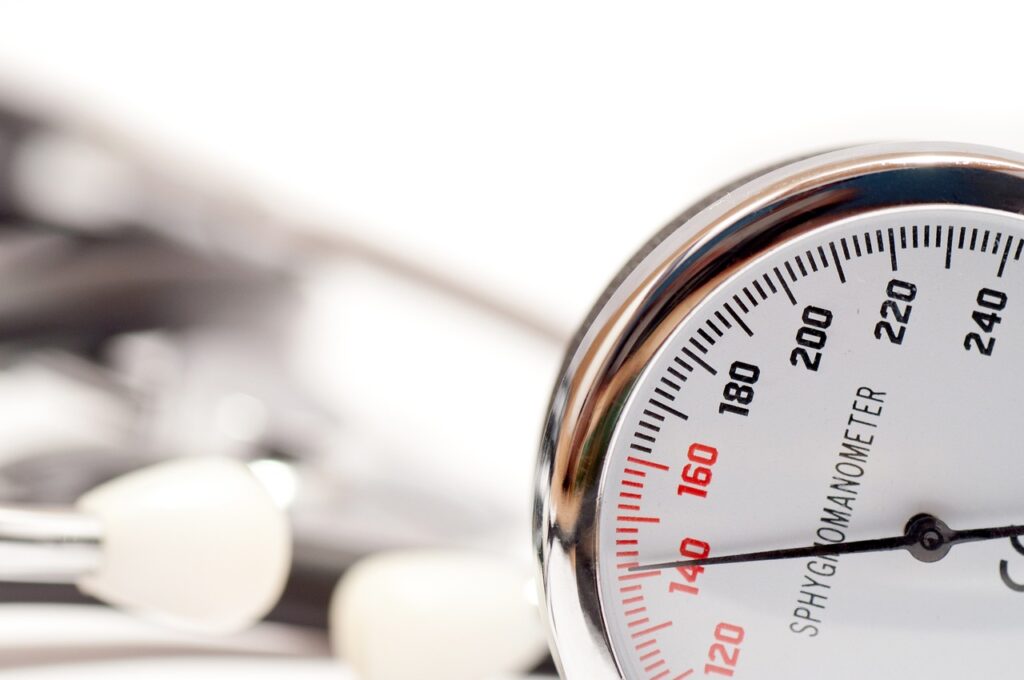In today’s fast-paced world, many individuals are seeking ways to maintain their quality of life while managing chronic illnesses or aging-related issues. Home health aides play a crucial role in this context, providing personalized care that allows individuals to remain in their homes and live more fulfilling lives. By offering medical and emotional support tailored to each person’s needs, home health aides significantly impact the quality of life for their clients. This article explores how these professionals contribute to enhanced well-being, offering insights into their multifaceted role.
Personalized Care and Increased Comfort
One of the most significant ways home health aides improve quality of life is through the delivery of personalized care. Unlike traditional medical settings where patients might receive generic treatments, home health aides provide care that is specifically tailored to each individual’s unique needs and preferences. This personalized approach encompasses not only medical assistance, such as administering medication and monitoring health conditions but also day-to-day support that enhances comfort and convenience. For example, aides assist with activities of daily living (ADLs) like bathing, dressing, and meal preparation, which can be challenging for individuals with mobility issues or chronic conditions. By addressing these needs in a familiar environment, home health aides help clients maintain their dignity and independence, contributing to a higher overall sense of well-being.
Emotional Support and Companionship
Home health aides also play a vital role in providing emotional support and companionship, which are crucial components of a high quality of life. Many individuals receiving home health care are isolated from their social circles due to their health conditions. The companionship offered by home health aides helps alleviate feelings of loneliness and depression, which can often accompany long-term illness or aging. Aides engage in meaningful conversations, participate in hobbies, and offer a friendly presence that can significantly uplift a client’s mood. This emotional support not only improves mental health but also fosters a more positive outlook on life, which can have beneficial effects on physical health and recovery processes.
Independence and Enabling Better Health Outcomes
Another critical impact of home health aides is their role in facilitating greater independence for their clients while supporting better health outcomes. By assisting with rehabilitation exercises, coordinating with healthcare professionals, and managing medical equipment, aides help clients adhere to their treatment plans and improve their overall health. This support empowers individuals to take an active role in their own care, which is essential for achieving optimal health outcomes.

Moreover, home health aides are trained to recognize signs of potential health issues and can promptly address any concerns, thereby preventing complications and hospitalizations. The ability to stay in a familiar and comfortable home environment while receiving professional care contributes significantly to a higher quality of life.
Comprehensive Variety of Services
Home health aides offer a variety of services that go beyond basic medical care and personal assistance, which significantly enhances the overall quality of life for their clients. This range of services includes not only health monitoring and medication management but also specialized care tailored to specific medical conditions such as diabetes or dementia. Additionally, aides can assist with light housekeeping, transportation to appointments, and coordination with other healthcare providers, ensuring that all aspects of a client’s well-being are addressed. By managing these diverse needs efficiently, home health aides create a holistic care environment that supports physical health, emotional stability, and practical daily living, thereby contributing to a more balanced and fulfilling lifestyle.
Enhanced Safety and Emergency Preparedness
Another critical contribution of home health aides is their role in enhancing safety and preparedness for emergencies. By regularly monitoring clients and ensuring that their living environment is free of hazards, aides help to prevent accidents and injuries that could compromise their well-being. For instance, aides may assist with fall prevention measures, such as installing grab bars and ensuring that walkways are clear. They are also trained to respond quickly and effectively in emergencies, providing immediate care or contacting emergency services if needed. This proactive approach to safety and preparedness not only minimizes risks but also gives clients and their families peace of mind, knowing that support is available around the clock.
Facilitating Communication and Coordination
Home health aides are also instrumental in facilitating communication and coordination between clients, their families, and healthcare professionals. They act as a liaison, ensuring that everyone involved in the client’s care is on the same page regarding treatment plans, medication schedules, and any changes in health status.

This coordination helps to streamline care, avoid misunderstandings, and ensure that the client’s needs are met comprehensively. By providing detailed updates and advocating for the client’s preferences and needs, home health aides play a vital role in creating a cohesive care network that supports the client’s overall quality of life.
Home health aides significantly impact the quality of life for individuals by offering a variety of services that address medical, emotional, and practical needs. Their role in providing personalized care, emotional support, and ensuring safety and coordination contributes to a higher level of comfort, independence, and overall well-being. As these professionals continue to support and enrich the lives of their clients, they prove that compassionate, tailored care can lead to substantial improvements in quality of life.
